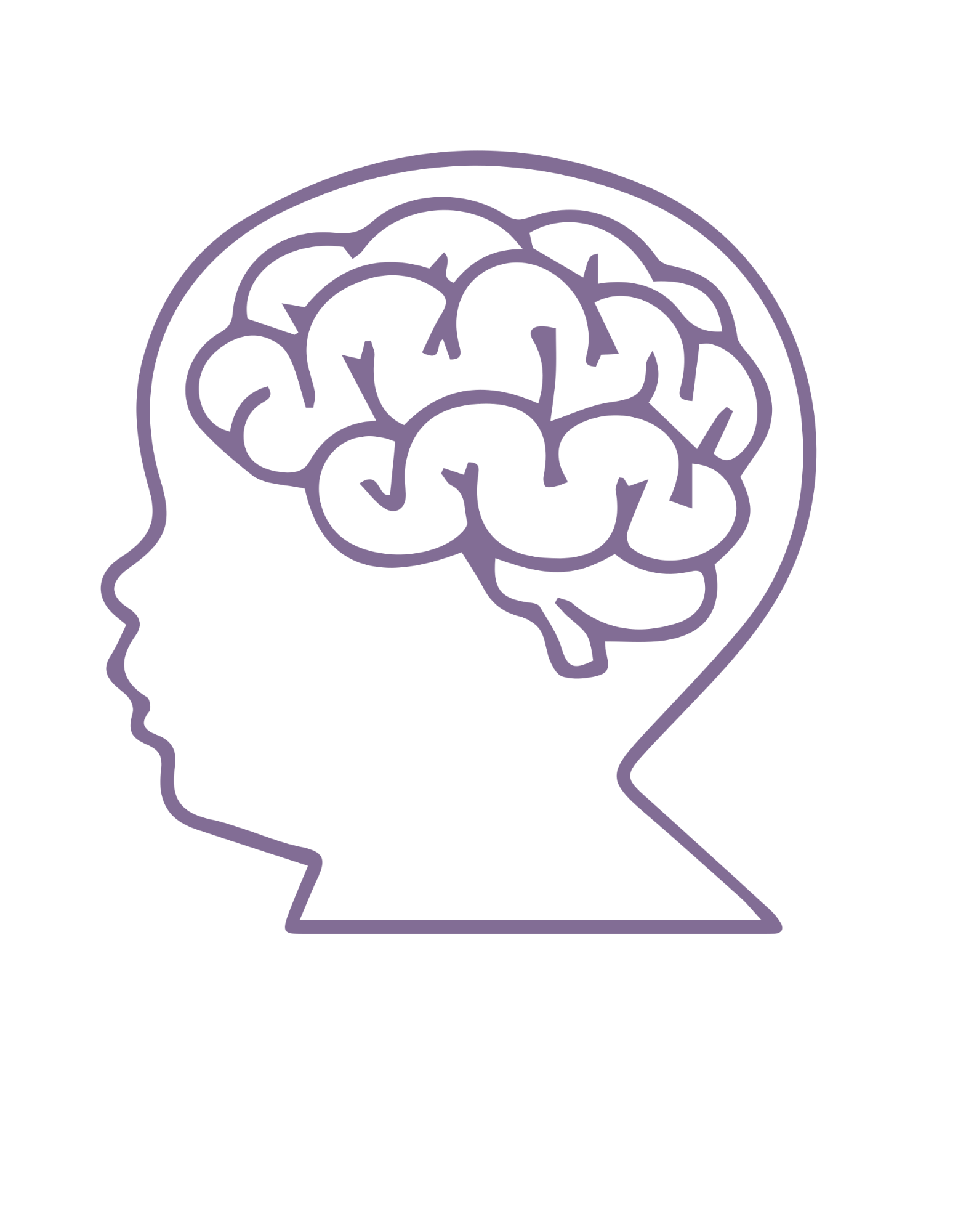Sharon Hendricks Piano Tuition
Why learn to play the piano?
☺It’s easy
Learning to play the piano is very easy in comparison to some other instruments. It doesn’t involve any pain
(like sore fingers when learning the guitar or having to use facial muscles in a certain way
when learning the flute) and is as simple as sitting down and pressing a key.
☺Known Benefits:
- Children who study the piano for 2 years or more can remember 20% more vocabulary words than their peers.
- Playing the piano regularly sharpens fine motor skills, and improves dexterity and hand-eye coordination.
- It has been shown to reduce heart and respiratory rates, cardiac complications, lower blood pressure and increase the immune response.
- There are so many other physiological advantages to you taking piano lessons. Too many to mention here.
- Music knowledge can be such a social thing in your life as you can share music with your family and friends,
- groups, and the larger community.

☺ Benefits to your brain
Studies have shown that playing the piano affects the brain in a positive way. It’s a great stress reliever. Music stimulates the brain in a way no other activity does. When you are playing a piece on the piano – especially a difficult one, you add new neural connections, and improvements to your memory, attention, speech, spatial and maths skills.
In fact, practicing music at an early age can make structural changes to the brain that stay with you for the rest of your life. Your cognitive development is improved.
So there are so many good reasons to take up this instrument. I hope you are more informed and ready to begin your journey.